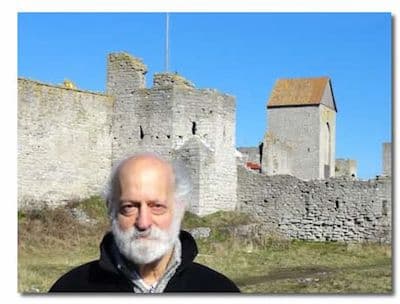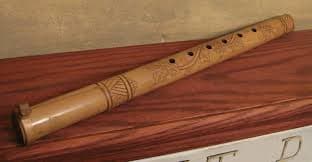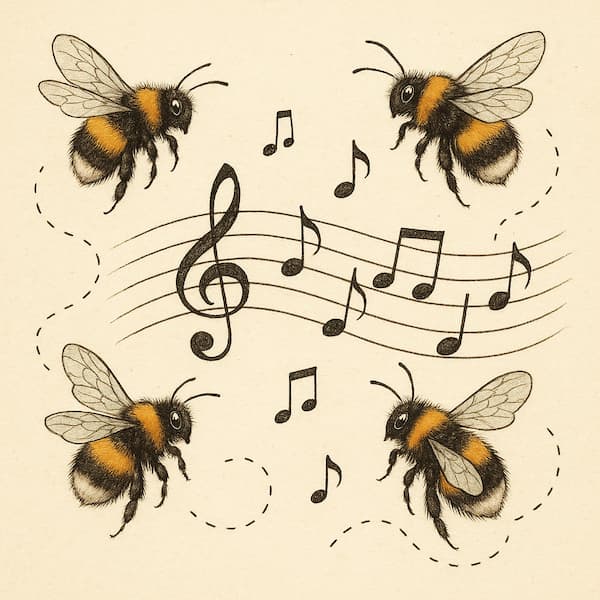Over more than 35 years, the American composer David Loeb (born in 1939) has composed music for early-music instruments. And that includes traditional Japanese instruments, which he has explored in collaboration with Kohei Nishikawa for nearly 20 years. He studied traditional Japanese music with Shinichi Yuize, and Columbia University Press published his thesis on Japanese koto music. However, he has also composed a substantial number of pieces for Chinese, Korean, Thai and Mongol instruments, which he frequently employs in combination with instruments of the Western variety. His extensive and diverse catalog of compositions has been recorded on various labels, and he has also done original research on a variety of topics of an analytical nature.

David Loeb © davidloebmusic.com
David Loeb: 6 Preludes (Roberto Fabbriciani, piccolo)

Suling
Loeb studied the flute as a youngster, which eventually prepared him to take up the Japanese transverse flutes shinobue, kagurabue, and komabue. He soon gave unaccompanied performances and played in various chamber contexts, including ensembles of Japanese instruments. And predictably, he began to explore this sound word in his compositions. His awareness of various traditions of performing on high pipes throughout the world inspired his Six Preludes. In this specific instance, the work is dedicated to the high fifes, a musical tradition shared in different Asian countries: China, Korea, Tibet, Japan, Bali and Laos. Loeb considered the piccolo the “modern instrument repository for these traditions,” and the “performer need not to copy all the performance techniques of the original instruments.” And while the composer acknowledges the helpfulness of listening to music on six Asian pipes, the music was composed for the modern piccolo and can be performed using primarily normal technique. And just in case you need a bit more info on the various pipes features, the “Ti” originates from China, “Taegum” from Korea, “Donglim” from Tibet, “Shinobue” from Japan, “Suling” from Bali, and “Khene” from Laos.
For more of the best in classical music, sign up for our E-Newsletter

